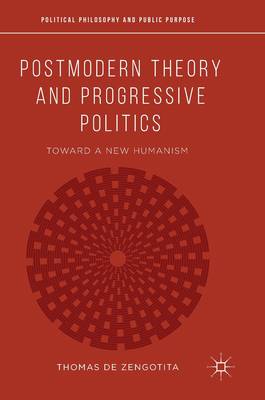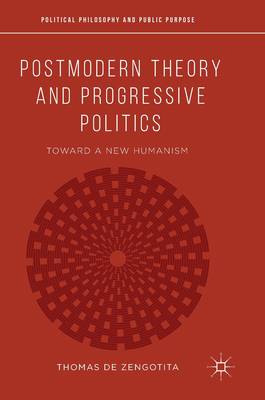
- Afhalen na 1 uur in een winkel met voorraad
- Gratis thuislevering in België vanaf € 30
- Ruim aanbod met 7 miljoen producten
- Afhalen na 1 uur in een winkel met voorraad
- Gratis thuislevering in België vanaf € 30
- Ruim aanbod met 7 miljoen producten
Zoeken
€ 116,45
+ 232 punten
Uitvoering
Omschrijving
This book explores the origins of the academic culture wars of the late 20th century and examines their lasting influence on the humanities and progressive politics. It puts us in a position to ask this question: what to make now of those furious debates over postmodernism, multiculturalism, relativism, critical theory, deconstruction, post-structuralism, and all the rest? In an effort to arrive at a fair judgment on that question, the book reaches for an understanding of postmodern theorists by way of two genres they despised and hopes, for that very reason, to do them justice. It tells a story, and in the telling, advances two basic claims: first, that the phenomenological/hermeneutical tradition is the most suitable source of theory for a humanism that aspires to be universal; and, second, that the ethical and political aspect of the human condition is authentically accessible only through narrative. In conclusion, it argues that the postmodern moment was a necessary one, or will have been if we rise to the occasion and seize the opportunity it offers: a truly universal humanism might yet be realized even in--or perhaps especially in--this atavistic hour of parochial populism.
Specificaties
Betrokkenen
- Auteur(s):
- Uitgeverij:
Inhoud
- Aantal bladzijden:
- 393
- Taal:
- Engels
- Reeks:
Eigenschappen
- Productcode (EAN):
- 9783319906881
- Verschijningsdatum:
- 6/09/2018
- Uitvoering:
- Hardcover
- Formaat:
- Genaaid
- Afmetingen:
- 148 mm x 210 mm
- Gewicht:
- 825 g

Alleen bij Standaard Boekhandel
+ 232 punten op je klantenkaart van Standaard Boekhandel
Beoordelingen
We publiceren alleen reviews die voldoen aan de voorwaarden voor reviews. Bekijk onze voorwaarden voor reviews.











